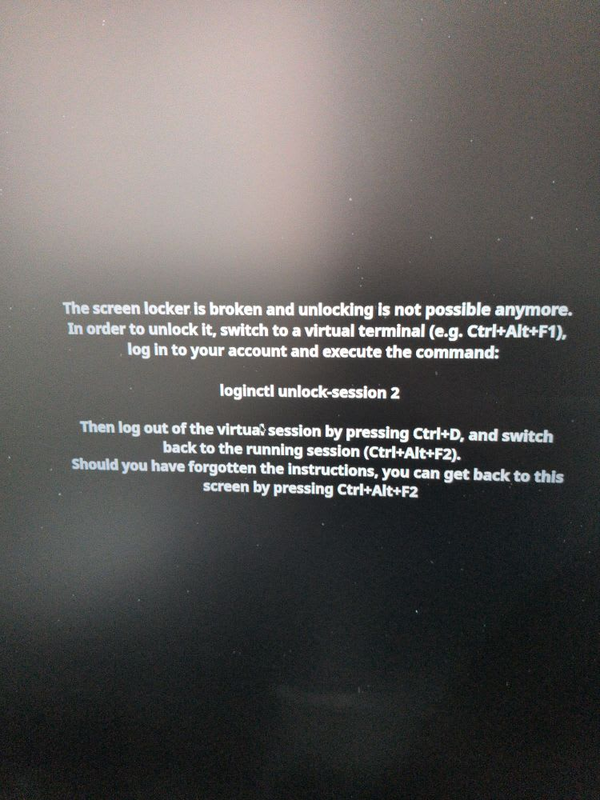Living in a world of grey

The world has felt much more angry and impatient over the last few years. This anger was never more glaring during the 2016 elections, only to be exacerbated by the COVID-19 pandemic. We saw families divided over political lines and clear lines drawn. The world suddenly became black and white or perceptively 'left' and 'right.' At its core, people stopped listening to each other and stopped being able to empathize with one another.To make matters worse, a handful of extreme views have pushed this divided narrative. As a result, the world became overtly selfish overnight. People are more interested in being right than doing the right thing.
To feel less angry and apprehensive, I've been thinking a lot about how I would approach the world around me.
So what would I do?
Understand that humans are fundamentally flawed.People are imperfect beings with each their own biases formed from their past. Our flaws don't automatically make us automatically malicious. I want to approach the world with empathy and patience to understand its origin.
Say what we mean
Slogans are catchy and easy to rally around but, lately, also designed to be antagonistic. A few examples for me are - "Black Lives Matter." The slogan means, "For all lives to matter, black lives need to matter now," which is fair, especially in the US, where a country has wronged a whole category of people. The other one that jumped out at me was - "Defund the police." That slogan meant, "Redistribute law enforcement budgets to make them more effective as our understanding of how events occur has vastly matured." Neither of them is catchy but likely will resonate more deeply with people if you want effective change. I want to be more descriptive about the things that I say.
Deeply understand the why
One of the most frustrating things about our information age is that we live in a world with excessive information available to us. Given the information overload, it's easy to glance at headlines to draw wrong conclusions. This communication style is another reason I despise the slogan-like headlines today. These headlines rile you up to grab your attention by design. It is impossible to effect change if you can't understand the other point of view and empathize with it. We generally only understand an issue if we can argue from both sides. My ability to effectively argue a point of view is proportionate to the depth of my understanding of an issue.
Doing research is a GOOD thing
We effectively started discouraging people from doing research and trusting the experts. One of the most dangerous examples of relying strictly on experts is what the Catholic church did in ancient history. At some point during its history, the Catholic Church kept scripture in Latin to prevent the typical person from understanding it. This tactic allowed the church to enforce whatever it believed without being challenged. The fundamental problem of what happened in the world during the pandemic was less about people doing research but rather the basis of the study. Building practical research skills is essential for critical thinking. Critical thinking is a crucial skill we need people to have rather than solely relying on our favourite experts. I will be skeptical about facts that are presented but open-minded to learn and change.
There are no simple catch-all solutions
Our reality is that most issues we face today have very complex and nuanced origins. In our impatience, it's easy to want black-or-white answers when the causes are pretty gray. Often, we take the end of spectrums to justify catch-all solutions when those situations are often the exception and not the rule. Most complex problems will end up having a multitude of solutions because there are limits to most solutions. I will not oversimplify problems because issues are incredibly nuanced.
Effective change management is challenging
At its core, change in any aspect is hard. Our human brains leverage habits so that we can move fast. Often, what makes or breaks most huge software projects isn't technology; instead, it is about managing change on deployment effectively. This concept is also accurate for the world that we live in. Change at the regional, let alone national, scale is complicated. It is critical to consider the notion of cultural heritage in combination with a very localized culture. At its core, very few of our 'big' problems out there have 'silver bullet' answers. Effective change requires focus, intentionality and tenacity.
So what now?
We all want this world to be better for ourselves and our loved ones. Change requires us to move beyond being right to do the right thing for those impacted. The world is fundamentally gray because the world is a very complex place with a complex history and present. To affect effective change, I will move with focus and patience as well as from a place of empathy
